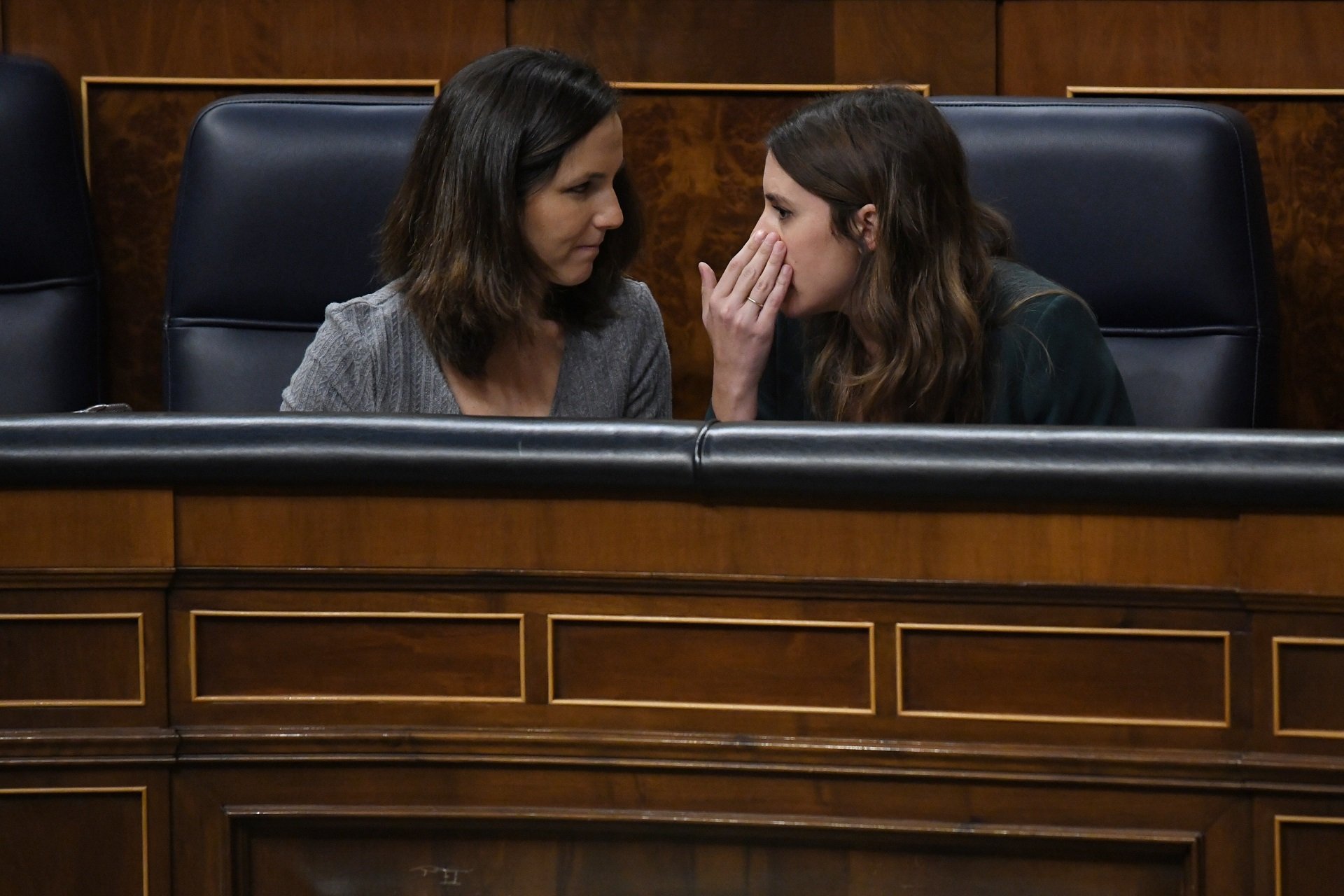The judges of the criminal courts of the Madrid Audience have agreed this Friday to continue applying Spain's new Sexual Freedom Law to people already convicted of sex offences and reducing their sentences if the new law computes a more favourable penalty, thus taking a position in conflict with the decree of the country's chief prosecutor. This was conveyed after the meeting held between the fifteen judges of the criminal sections of the Madrid Audience to unify criteria, which other judges also attended voluntarily, as is usually the case in meetings of the Board on Unification of Criteria if there is a significant legislative change to consider. In total, about thirty judges were present, according to court sources. Furthermore, the Madrid decision has been replicated by judges in several other provinces around the Spanish state, from Málaga to Viscaya.
The Madrid judicial meeting voted to apply the criterion most favourable to the person convicted, which clashes with the guidance given on Monday this week by the Public Prosecutor's Office which establishes that when the penalty imposed "is also imposable" under the new law, that is to say, it falls within the range of penalties that are deemed possible, there is no reason to review it. That is the general guidance which the public prosecutors involved in each case will be expected to reflect in their own sentencing submissions to judges. However, the prosecution service is merely one of the parties involved in the legal process and the final decision is in the hands of the court itself. Another line has also been taken in some of Spain's autonomous communities, where the fifth transitional provision of the Penal Code is to applied to such cases, a section which means that the Supreme Court will have to definitively set the doctrine to be assumed.
All this after a judicial and political battle broke out in Spain after the entry into force in October of the "only yes means yes" law on sexual consent, which soon revealed an unexpected consequence: that the re-definition of sexual offences, which was largely motivated by public frustration with low sentences for high profile sex crimes like the La Manada ("wolf pack") gang rape, was having the opposite effect, and a significant number or convicted sex offenders were obtaining reductions in their sentences.
Judges in Málaga and other provinces follow suit
The five sections of the Málaga Audience have also decided to study case by case the sentences susceptible to review with the application of the "only yes means yes" law, although they express a preference for reducing the sentences when possible, also against the criteria of Spain's Chief Prosecutor .
The president of the Málaga court, Lorda García, explained to journalists that the review will be carried out ex oficio in accordance with what the law requires. Although they do not know the exact number, about a hundred sentences will need to be reviewed - with an average of between twenty and thirty per section - explained García, also detailing that this Thursday a meeting of judges from the criminal sections has taken place to discuss the unification of criteria on the Sexual Freedom Law.
Others will be reviewed, even for people convicted of attempted crimes or with mitigating factors, and if they meet the requirements, they will be transferred to the parties to report so that the Court will then resolve each case individually. Apart from Málaga and Madrid, the provincial "Audience" courts in Valladolid, Viscaya, Granada, Córdoba and Zaragoza have also unified their criteria, and all have opted to favour lowering sentences in an adjustment "to the new legal framework".

